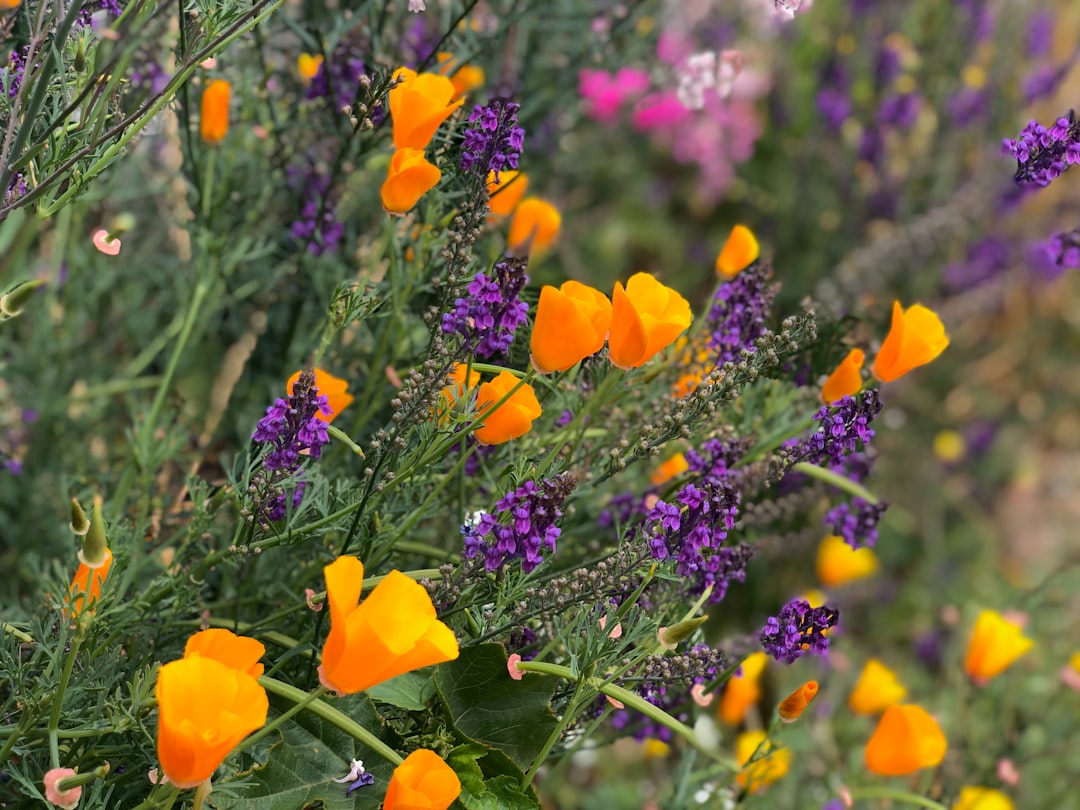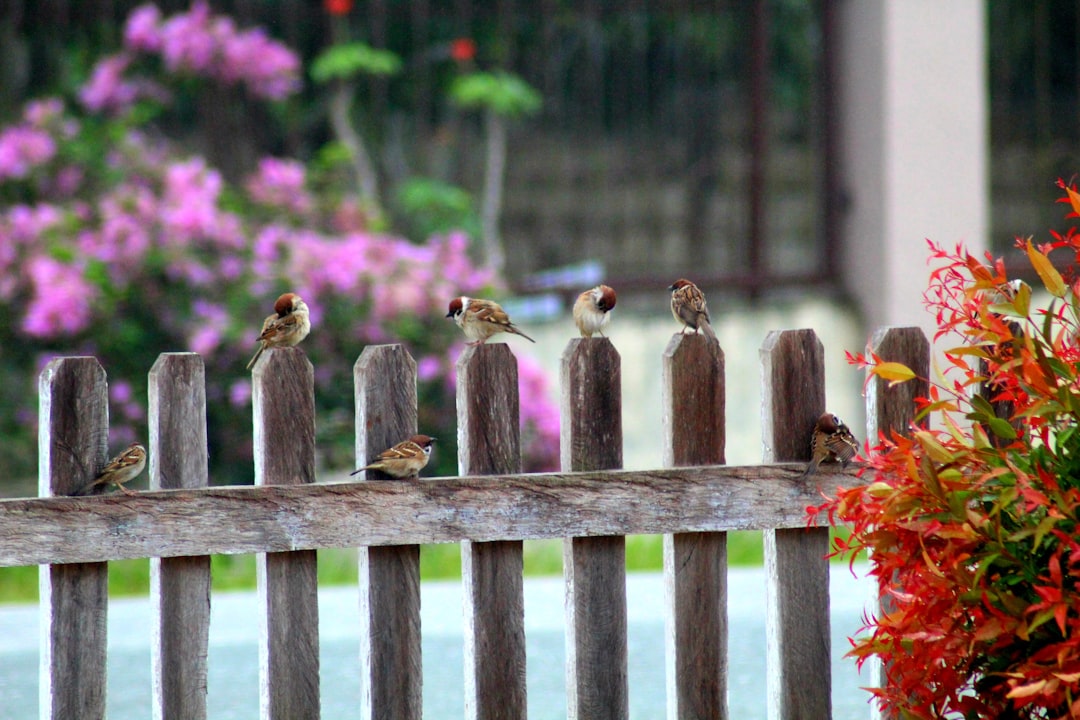A Tale of Two Boundaries: Finding the Truth in Relationships
“It was the best of boundaries, it was the worst of boundaries …”
Actually, no. Scratch that. In my Tale of Two Boundaries, both were the best of boundaries, even though they resulted in completely different outcomes.
I’ve led a life of people-pleasing. I’ve chronically put everyone else’s needs before my own, to the detriment of my self-growth and well-being. The fear of offending, hurting, or angering another person leaves me with high anxiety and drastic levels of toxic guilt. Walking tiptoe on eggshells has been a part of my life for a long, long time.
Although it’s honorable to be empathetic to another’s needs, I’ve learned that self-giving can be taken to extremes. When in its extreme form, this habit of “self-giving” is actually self-draining.
Like belladonna, when taken in appropriate doses it can be healing and homeopathic. However, in large doses it’s fatally poisonous.
Boundaries are crucial in all relationships. They can also be very difficult to set, enforce, and maintain—especially in abusive and toxic situations. Most targets of domestic violence have a particularly difficult time setting personal boundaries, mainly because they tend to be highly empathetic and, quite often, were never taught how to establish proper boundaries in their childhood.
This is especially true in situations where the other person is extremely self-focused. If you’ve ever known anyone with a high level of narcissistic traits, this likely sounds familiar:
The toxic person you’re involved with tells you that their happiness depends on you, and you’re to blame for all the ills that befall them. In your empathy and love, you take this to heart. You try to change, which causes them to scoff at your attempts. They ask for more—more intensity, more love, more obedience, more attention, more … Fill in the blank. Just more.
They demand more from you, until all your blood and spirit and life and self-worth have been completely drained.
These are all ways of destroying boundaries. When boundaries are non-existent, someone with an abusive personality can do anything, say anything and get away with anything—without repercussions or consequences.
Whether a person has suffered abuse at the hands of an intimate partner, a parent, a sibling, a best friend, a co-worker, or anyone else, one thing remains the same:
The need for definitive boundaries.
Finding the True Worth of Relationships
Without boundaries, without that fence to hold the toxicity back, people will continue to trample across your space, invade your land, and take advantage in any way they can.
When you set boundaries, you’ll discover who a person truly is. Are they worth keeping in your life or are they someone who can’t be trusted? Are they filled with mutual goodwill or are they someone who practices deceit and who shouldn’t be allowed to dwell in your house—or your heart?
No man who practices deceit shall dwell in my house;
no man who utters lies shall continue in my presence.
(Ps. 101:7)
Boundaries will create a space and separation within your relationship. Even though it might not seem like it at first, this is a very healthy thing. The person you’re setting the boundaries with will have a choice. They can accept your needs and make respectful changes where necessary, or they can decide to increase the space between the two of you by balking at your self-care efforts.
Either way, you’ve won.
I recently had to set major boundaries with two close relationships in my life. In both cases I had to first recognize my own needs, then come to terms with the fact that my needs were just as important as theirs—if not more so, as in the case of abuse.
I then had to insist that my loved ones respect me.
The effects of my new venture into self-care were very telling. Although the outcomes were different, both resulted in cleansing toxic abuse from my life.
Boundary #1: “Jane”
When I finally set boundaries with “Jane,” I was nervous yet insistent. This was a person who’d been manipulative all my life, yet I hadn’t seen or known what was going on until recently. Jane was causing continual stress by her behaviors, and I needed to eliminate the anxiety created by her actions and accusations.
I had to start taking care of myself, and I realized this needed to begin with self-love.
I had to love myself and respect the person God created me to be.
When I set the necessary boundaries with Jane, I told her that I didn’t want to cut off communication with her. I simply wanted her to respect what I needed in our relationship.
This wasn’t received well. At all. Jane flipped out and immediately began an attack. She verbally berated and abused me, with vile accusations against my personality, a direct attack against my self-worth, and an attempt to belittle me.
She then turned to gaslighting, claiming she had no idea what I meant by “boundaries,” even though we’d discussed specifics in several prior conversations. When I stood my ground, she told me not to call her again unless I was willing to let her say and do anything she wanted.
I was shocked, to say the least. Jane had always been a covert abuser, so I hadn’t recognized her tactics. Yet I’ve learned that with age and time, when a person persists in sin, covert becomes overt. A quick glance at Sacred Scripture reveals as much. From the surreptitious, snake-like “father of lies” in Genesis 3:1 to the blatant dragon in Revelation 12, we can see the sad progression.

It’s been over a year since Jane and I have directly spoken. I send her cards during special occasions, but she barely acknowledges them.
That’s fine. My boundaries revealed her true self, her unwillingness to empathize with my perspective or to cultivate respect and mutual self-giving. That’s just how she rolls. I know this now, and can remove myself without regret from the relationship. I pray for Jane daily, and that’s enough.
Boundary #2: “Bob”
Much to my surprise, relief, and peaceful well-being, “Bob” had a completely different reaction when I set necessary boundaries.
Bob was at the point in his life where he realized he needed to engage in serious self-reflection and healing. Although it didn’t happen instantly and the healing journey has been long and painful, Bob understood that my boundaries were the best possible thing for him—and for us. They helped him see where he’d hurt me, the mistakes he’d made, and the toxic abuse he’d poured into our relationship. My boundaries are helping him become a virtuous person, as he recently and gratefully told me.
In this case, boundaries acted as a catalyst in giving him the determination to seek help—both professionally and spiritually.
St. Thomas Aquinas said it best:
When our friends fall into sin, we ought not to deny them the amenities of friendship, so long as there is hope of their mending their ways ...When, however, they fall into very great wickedness, and become incurable, we ought no longer to show them friendliness.

Setting boundaries helps us clear the space in our lives in order to make room for authentic love to flourish. By setting up boundaries, we’re tilling the land so we can allow wildflowers to take root and bloom in our beautiful gardens. When we respect the boundaries other people set for us, we can see how this works in a mutual dance of genuine charity, which is the foundation of all relationships.
It’s necessary to respect everyone’s boundaries—including our own.
Special offer!
Purchase a signed copy of my book Don’t Plant Your Seeds Among Thorns, on sale now!
You can also purchase on Amazon through my affiliate link.








I was just praying today about setting boundaries in a relationship I have and desperately searching the internet for solid advice on setting boundaries, I couldn't find anything like this, but this was exactly what I was looking for. I thank St. Joseph because as soon as I prayed with him I found you and I am so thankful. God bless you, this is what I needed.
Looking back I can’t think of a single thing more important to my healing than setting & enforcing boundaries. And then realizing that enforcing them takes practice & prayer. That if not enforced boundaries are useless.